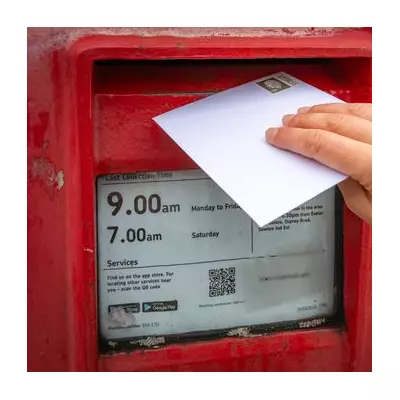
The UK government has made a controversial decision to cut electric vehicle (EV) grants, reducing financial incentives for buyers looking to switch to greener transport options. The move has raised concerns about affordability and the country's commitment to achieving net-zero emissions.
What’s Changed?
The plug-in car grant, which previously offered discounts of up to £2,500 for eligible electric vehicles, has been significantly reduced. The new scheme now provides a maximum of £1,500, and only for certain models priced under £32,000.
Why the Reduction?
Officials argue that the cuts reflect the growing popularity of EVs and the need to redirect funds towards expanding charging infrastructure. However, critics warn that the move could slow the transition to electric vehicles, particularly for budget-conscious buyers.
Industry Reaction
Automotive leaders and environmental groups have expressed disappointment, stating that the reduced grants could deter potential EV adopters. Some industry experts suggest that the government should instead focus on long-term incentives to maintain momentum in the green transport sector.
What Does This Mean for Consumers?
Prospective EV buyers may now face higher upfront costs, though running expenses remain lower than petrol or diesel vehicles. The government insists that the overall cost of EVs is decreasing, making subsidies less critical over time.
For now, those considering an electric car should research available models and compare total ownership costs, including potential savings on fuel and road tax.





